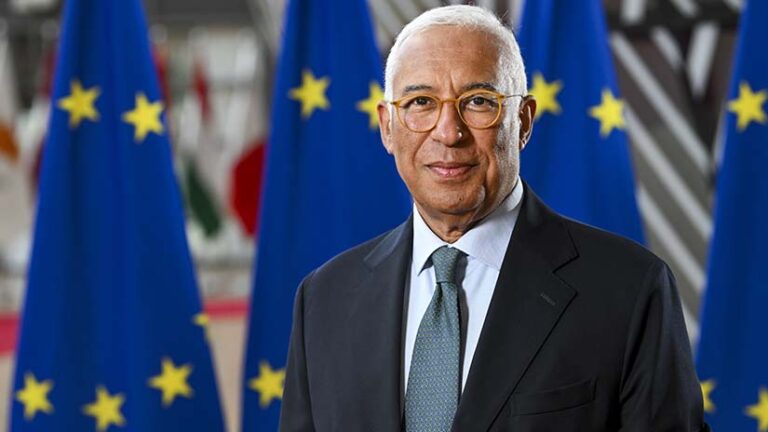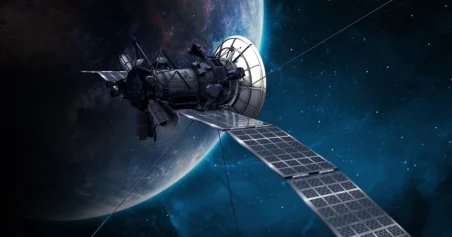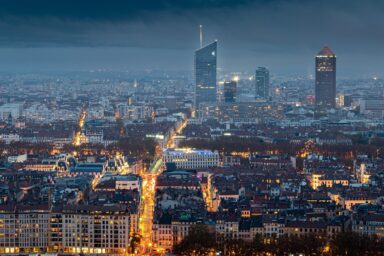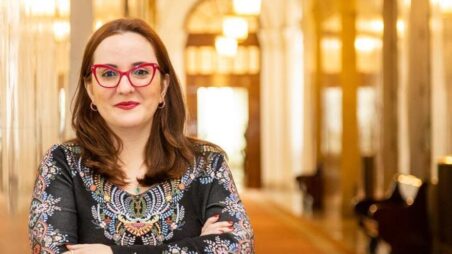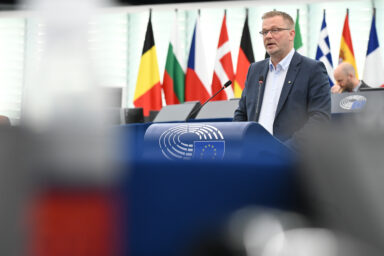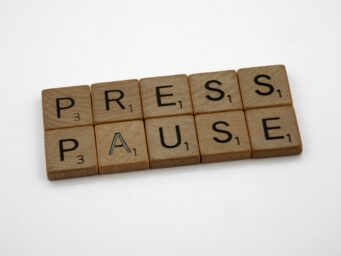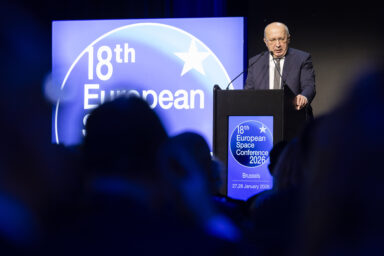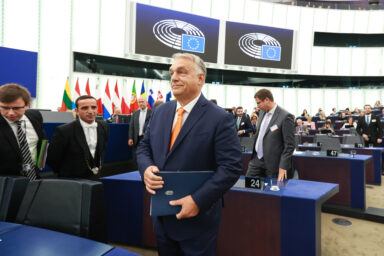European Council President António Costa has reminded European leaders that a coordinated response will be needed to strengthen the EU’s defence in the face of continued Russian aggression, both in Ukraine and outside its borders.
In a letter of invitation sent ahead of the European Council meeting on 1 October, Mr Costa underlined that the EU needed to respond to mounting security threats on its eastern flank. “Russia’s recent airspace violations in Poland and Romania are a stark reminder that we must accelerate and deepen our efforts,” he wrote.
An incursion of Russian drones into Polish territory on 10 September is seen by NATO as intentional. Polish and NATO fighter jets responded to the incident and several Russian drones were shot down. Poland invoked Article 4 of the NATO Treaty after the incident.
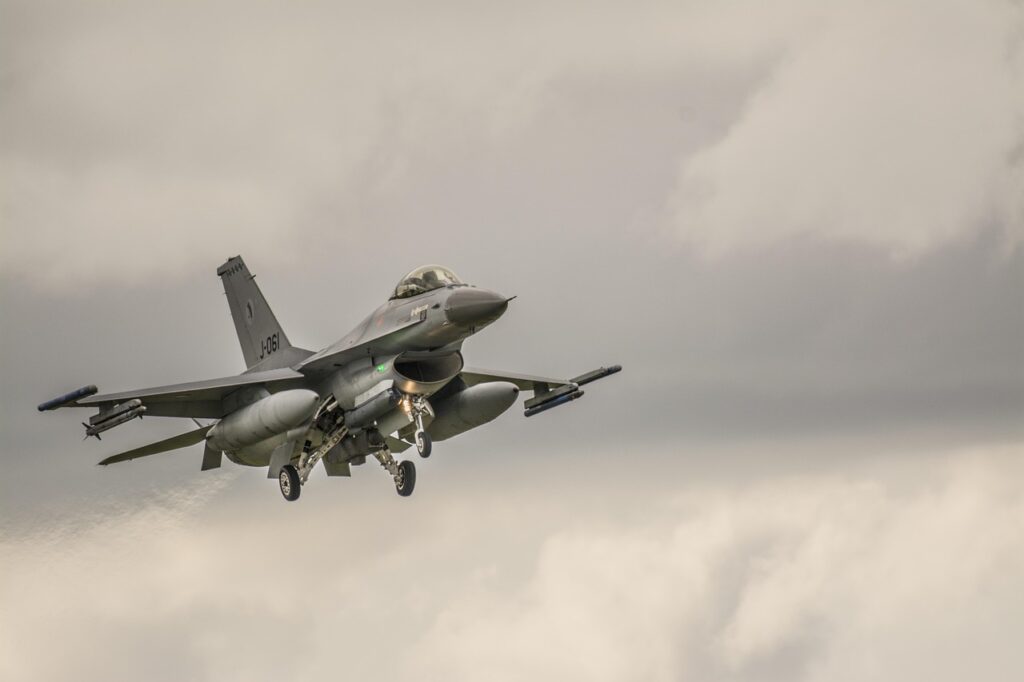
Coordinating defence
In his letter European Council President Costa further underlined the importance of the moment:
“We are building a Europe capable of responding effectively, autonomously and together to today’s and tomorrow’s threats. The ambition we have set ourselves, to decisively ramp up Europe’s common defence readiness by 2030, embodies that commitment,” he said.
You might be interested
He added: “As we invest more, we must also invest more efficiently and rationally including through common tools, like SAFE. Every euro should strengthen our common security and strategic autonomy (…) Likewise, we need to draw on the lessons from the war in Ukraine…”
Mr Costa structured the message around three core ideas: faster delivery, support for the EU’s Eastern flank, and governance, and reminded partners that European security was tied to Ukraine’s. Hence the necessity at the upcoming meeting in Copenhagen to discuss further how to “further support Ukraine and reach a just and lasting peace”.
We need to draw on the lessons from the war in Ukraine, including by strengthening cooperation with the Ukrainian defence industry. – António Costa, President of the European Council
Little progress on US side
The letter comes at a moment when diplomacy has largely stalled and repeated appeals by the US have failed to bring Russia to the negotiating table. In August, the American President Donald Trump met with Russian leader Vladimir Putin in Alaska in the hope of securing a commitment towards a ceasefire or peace deal. Mr Trump had pushed for a trilateral meeting including Ukrainian President Volodymyr Zelenskyy to follow. But received no commitment.
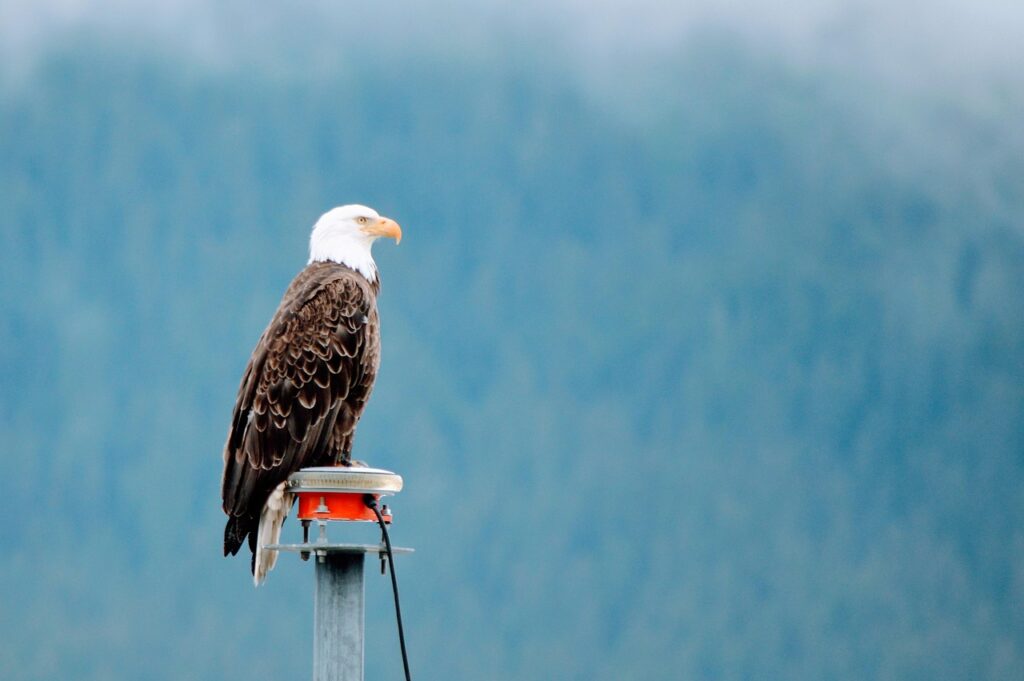
Instead, the idea was downplayed by Moscow. Russia has since intensified its drone and bombing campaign against Ukraine, often targeting civilian infrastructure and causing mass casualties. On Wednesday, on an official visit to the UK, Mr Trump said he had believed the conflict would be the “easiest to solve” due to his personal relationship with the Russian leader. He admitted that Mr Putin had “really let him down.”
